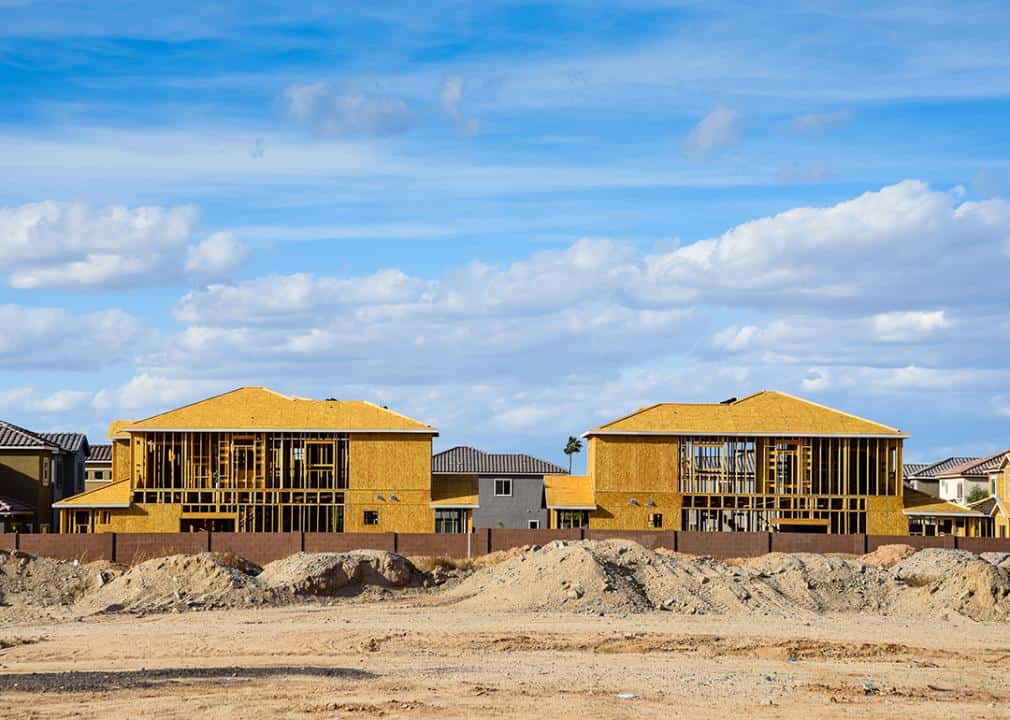Nova Scotia, one of Canada’s most exceptionally picturesque provinces, is famed for its coastal landscapes, historical sites, and vibrant communities. With a real estate market that offers a variety of affordable options—from charming coastal cottages to urban condos in Halifax—Nova Scotia attracts both local and international buyers. However, the question arises for foreigners: Can non-residents purchase property in Nova Scotia? This guide covers everything foreign buyers need to know, from property restrictions to benefits, legal processes, and frequently asked questions.
Can Foreigners Buy Property in Nova Scotia?
Yes, foreigners can buy property in Nova Scotia, with minimal residential and commercial real estate restrictions. There is no federal or provincial law specifically barring foreigners from owning real estate in Nova Scotia, making it straightforward for foreign nationals to buy property for personal, investment, or recreational purposes. However, in recent years, the Canadian federal government has introduced some regulatory changes targeting non-resident buyers, so staying informed of any new restrictions or taxes is essential.
Why Buy Property in Nova Scotia?
Nova Scotia offers a unique blend of natural beauty, affordable real estate, and a high quality of life, which makes it an attractive destination for international buyers. Here are some compelling reasons to consider purchasing property in this scenic province:
Scenic Landscapes and Lifestyle
Nova Scotia is known for its breathtaking coastal scenery, peaceful rural landscapes, and rich cultural heritage. From the iconic Cabot Trail to the historic town of Lunenburg, the province offers a quality of life centered around nature, history, and community, which appeals to buyers seeking a slower-paced, nature-focused lifestyle. 
Affordable Real Estate Market
Nova Scotia has a much more affordable housing market than larger Canadian cities like Vancouver and Toronto. This affordability extends across urban areas like Halifax and rural settings, making it possible for foreign buyers to find attractive properties within a reasonable budget. Many international buyers see Nova Scotia as a place where they can acquire property with high value for the price, ideal for retirement homes, vacation properties, or rental investments.
Favorable Tax Environment
Nova Scotia offers a favorable tax environment for foreign buyers. Although property taxes and potential non-resident taxes depend on the specific property and usage, they tend to be lower than property taxes in many other parts of Canada and even other countries. This makes Nova Scotia particularly appealing for those looking to minimize property-related expenses.
Growing Tourism and Rental Demand
Tourism in Nova Scotia has been growing steadily, contributing to a demand for short-term rental properties, especially in popular areas such as Halifax, Peggy’s Cove, and Cape Breton. The rental market is active year-round, with summer bringing the highest rental demand. This provides an opportunity for foreign investors interested in generating rental income or operating seasonal vacation rentals.
High Quality of Life and Community
Nova Scotia’s communities are known for their friendliness and strong sense of community. The province also has excellent healthcare, educational institutions, and low crime rates, all of which contribute to an attractive lifestyle for international buyers looking to relocate or spend significant time in Canada.
Steps for Foreigners Buying Property in Nova Scotia
The process of purchasing property in Nova Scotia for foreigners is similar to that for Canadian citizens, though there are a few additional considerations. Here is a step-by-step guide to the property purchasing process:
Step 1: Engage a Real Estate Agent
Hiring a licensed real estate agent is invaluable for foreign buyers unfamiliar with Nova Scotia’s real estate market. An experienced agent can provide insights into neighborhoods, market trends, and potential property appreciation and assist with negotiations and paperwork. Agents can also guide buyers through any local regulations specific to foreigners.
Step 2: Conduct Legal Due Diligence
Real estate purchases in Canada are subject to stringent regulations, and foreign buyers need to perform due diligence. Hiring a local real estate lawyer is advisable, as they can help verify the property’s legal status, review agreements, and ensure compliance with Nova Scotia’s property laws. A lawyer can also clarify tax obligations and help with the title transfer process.
Step 3: Financing Your Purchase
Many foreign buyers opt to pay in cash, but for those needing financing, several Canadian banks are open to providing mortgages to non-residents. However, non-resident mortgage approvals are generally subject to stricter requirements, including higher down payment expectations (typically around 35%) and additional financial documentation. Consulting with a financial advisor or local bank can help explore financing options.
Step 4: Signing the Purchase Agreement
You’ll enter a purchase agreement with the seller once you find a property you wish to buy. This agreement will outline terms, conditions, the sale price, and contingencies. Once signed, the purchase agreement is legally binding, and a deposit (usually 5-10% of the property price) is typically required at this stage.
Step 5: Closing the Sale
The closing process involves finalizing payment, title transfer, and registration with the provincial land registry. Your lawyer plays a crucial role in ensuring that all documents are accurate and compliant with Nova Scotia’s laws. Once registered, you officially become the property owner; your name is recorded on the property title.
Considerations for Foreign Buyers
There are a few additional considerations that foreign buyers should keep in mind when purchasing property in Nova Scotia:
Non-Resident Speculation Tax
Although Nova Scotia does not currently impose a Non-Resident Speculation Tax (NRST), buyers should be aware of potential changes. The Canadian federal government has recently implemented measures to control non-resident property ownership in certain areas. Staying informed on both federal and provincial regulations can help avoid unexpected costs or restrictions.
Property Taxes and Fees
Foreign buyers in Nova Scotia are subject to the same property taxes as local buyers. Still, there may be additional costs, such as legal fees, land transfer taxes, and property inspection fees. Working with a real estate agent and a lawyer can provide a clear understanding of all financial obligations associated with the property purchase.
Currency Exchange Rates
Currency exchange rates can significantly impact foreign purchases, especially for larger investments. Buyers should consider consulting a financial advisor to discuss the potential impacts of currency fluctuations on their investment.
FAQs
Do foreigners need to be residents to buy property in Nova Scotia?
No, foreigners do not need to be Canadian residents to buy property in Nova Scotia. Both residents and non-residents have the same rights to own residential and commercial properties in the province.
Are there restrictions on the types of properties foreigners can buy in Nova Scotia?
Foreigners can purchase all types of properties except for certain agricultural and resource-rich lands, which may be restricted at the federal level. Urban and suburban properties, however, are open to foreign investment.
Can a foreigner get a mortgage to buy property in Nova Scotia?
Yes, several Canadian banks offer mortgages to foreign buyers, although the requirements are generally more stringent. Foreign buyers are typically required to make a higher down payment and provide additional documentation.
Are there property taxes for non-residents in Nova Scotia?
Yes, foreign property owners are subject to the same property taxes as Canadian citizens. Additional taxes specifically targeting non-residents have not been implemented in Nova Scotia as of the latest regulations, but it’s advisable to stay informed on any future changes.
Is there a way to earn income from property in Nova Scotia?
Yes, foreign owners can rent out their properties either as long-term rentals or short-term vacation rentals, which can provide an attractive return on investment. Nova Scotia’s strong tourism sector supports a high demand for seasonal rentals.
Conclusion
Nova Scotia’s welcoming approach to foreign property buyers, combined with its stunning natural beauty and affordable real estate market, makes it an attractive option for international buyers. The province provides unique opportunities for those looking to invest in property or enjoy a second home in a peaceful and scenic part of Canada. With a straightforward purchasing process, favorable tax environment, and potential for rental income, foreign buyers can confidently explore real estate options in Nova Scotia and enjoy the numerous benefits of owning property in this unique Canadian province.










